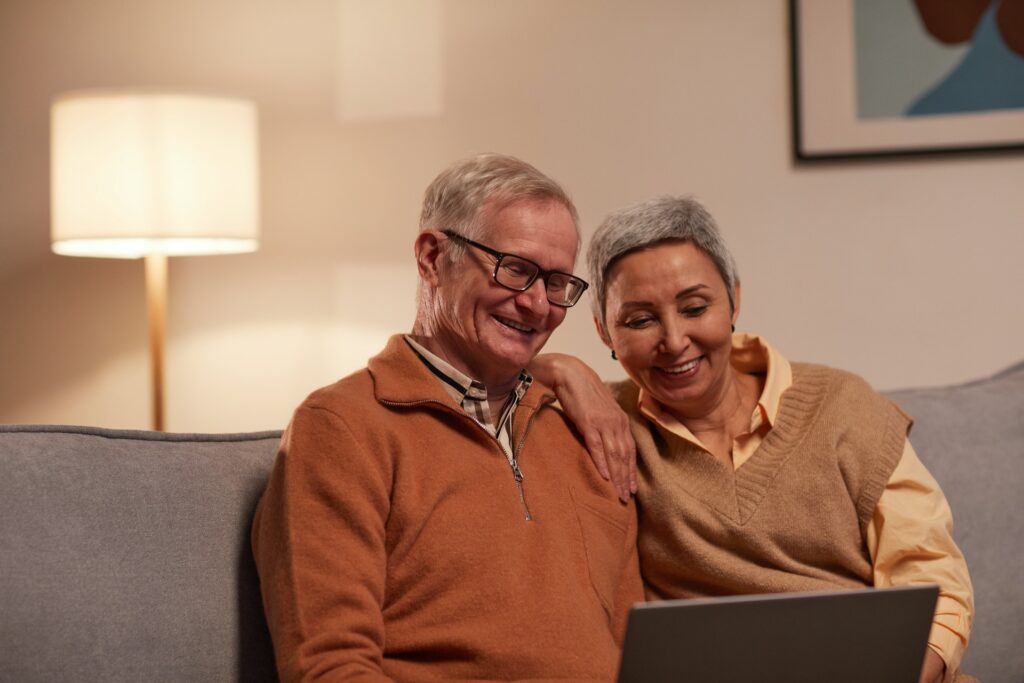COVID spurs efforts to clean up indoor air – POLITICO
Press play to listen to this article As you read this article, you’re likely doing something that could (slowly) kill you: breathing indoor air. Scientists have long warned that the air in homes, offices and public spaces — where people spend an estimated 90 percent of their time — can be more heavily polluted than the […]
Wearable Air Sampler to Assess SARS-CoV-2 Exposure
Researchers at Yale University created a wearable air sampler clip that can be worn on clothing and which can bind aerosols present in the environment. The clip can later be analyzed to determine the level of SARS-CoV-2 exposure while it was worn. The low-cost, battery-free technology could allow people to identify unsafe indoor environments that […]
Biden enlists mayors as allies on infrastructure and economy
“We shouldn’t be cutting funding for police departments,” the president said. “I proposed increasing funding.” The Biden administration also announced Friday a joint effort with two states and more than 30 cities nationwide to develop standards to make buildings more energy-efficient and climate-friendly. The effort includes Colorado and Washington state and cities such as New […]
Mechanical ventilation’s role in improving indoor air quality
With concerns over indoor virus transmission and the health impacts of air pollution, as well as condensation, mould and overheating, ventilation has become a key concern in our buildings. Paul Williams of Domus Ventilation looks at how to improve indoor air quality Ventilation has progressed from the primary concerns around condensation and mould prevention to […]
Houseplant gardening blooms in popularity during pandemic
Gardening continues to be one of the top hobbies in the country, but the type of gardening fluctuates in popularity. Gardening encompasses landscaping, vegetable or fruit gardening, lawn care and interior gardening. Sometimes perennials are the star; edible gardening has been the superstar for the past few years. An up-and-coming contender is houseplants. Indoor plant […]
School districts weigh how to spend millions in federal COVID relief-related funds
While families around the country grappled with the impacts of health mandates or transitioning from at-home learning for their kids, local school districts have been weighing how to use millions in federal COVID-related funding to help curb the impact. Agencies have already put money into use from the country’s elementary and secondary school emergency relief, […]
The Importance of Indoor Air Quality for Prospective Residents of Senior Living

Originally published January 20, 2022 by McKnight’s Senior Living The importance of indoor air quality (IAQ) in senior living and care has received a lot of attention over the past few years. Even before the pandemic, owners and operators were beginning to take notice of the effect that air quality can have on senior […]
Brooks earns statewide award from PA Health Care Association | News
HARRISBURG — Sen. Michele Brooks was presented with a “Legislative Champion” Award from the Pennsylvania Health Care Association (PHCA). “I am honored and humbled to be among a group of such dedicated legislative leaders, to partner with PHCA to help our loved ones in long-term care settings, and to represent the people in Mercer, Crawford, […]
Op-ed: Mandate measurement of carbon dioxide in public spaces to fight Covid
First, public health officials and elected leaders have to acknowledge that the virus is indeed airborne in aerosols, not droplets. Many studies show that as people moved indoors for the fall and gathered for holiday occasions, a spike was inevitable. The virus can remain suspended in stagnant, unfiltered air for hours, and even brief contact […]
Public safety leaders detail need for larger, more ‘professional’ space
ISLESBORO — The Health & Safety Building Committee held a question-and-answer session on Zoom Jan. 20 so residents could hear from Public Safety Director and EMS chief Fred Porter and Fire Chief Murt Durkee about why their office space is no longer adequate and ask questions of both men. Committee Chairman Lauren Bruce began the […]